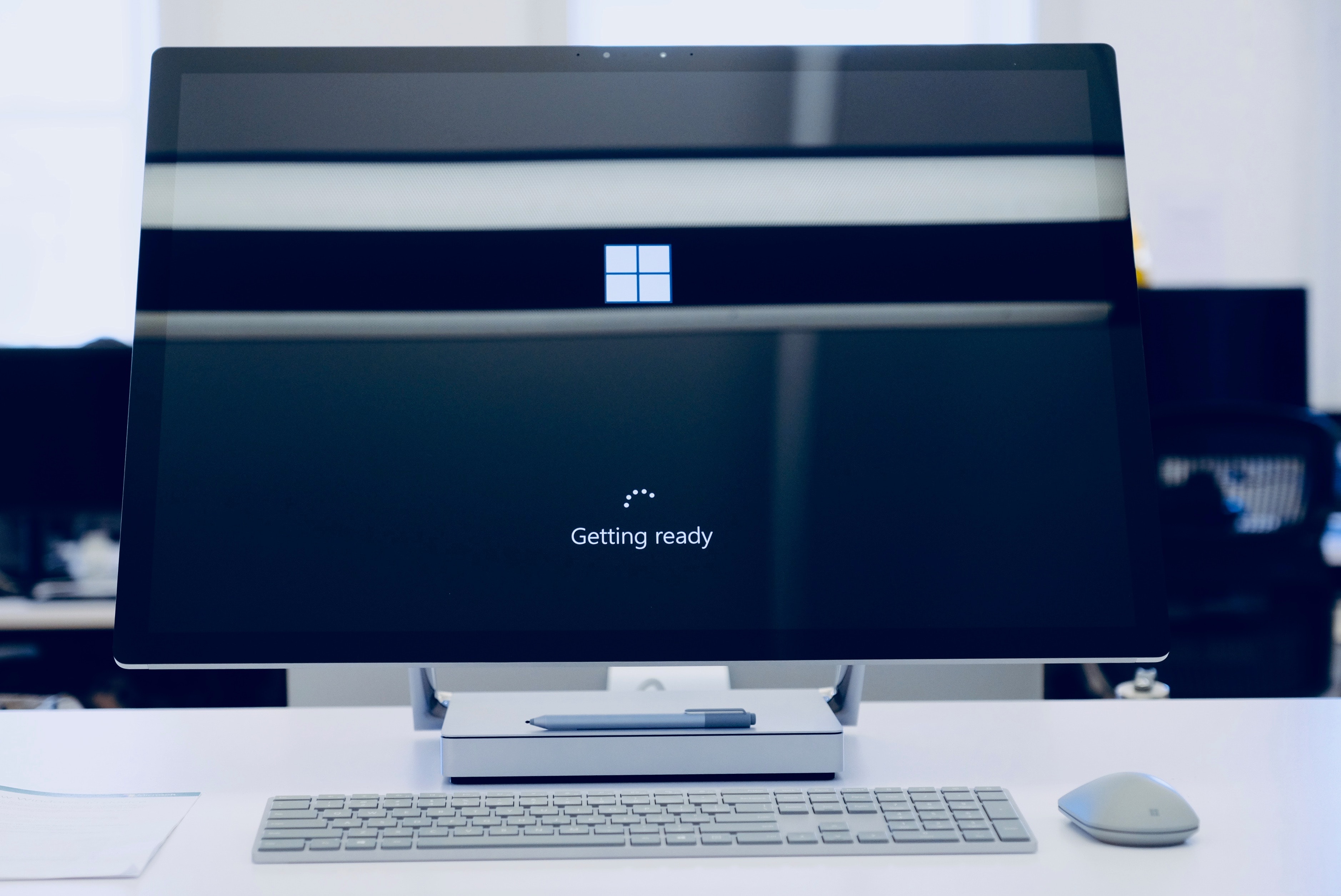Kockázati figyelmeztetés: A pénzügyi különbözeti ügyletek (CFD-k) összetett eszközök, és a tőkeáttétel miatt magas kockázattal járnak, ami gyors pénzügyi veszteségekhez vezethet. Ennél a szolgáltatónál a lakossági befektetői számlák 72.76%-án pénzügyi veszteség keletkezik CFD-kereskedés során. Fontolja meg, hogy megérti-e, hogyan működnek a CFD-k, és hogy megengedheti-e magának a magas pénzügyi veszteség kockázatát. Kérjük, olvassa el a Kockázati Tájékoztatót.


Microsoft enters into a partnership with Vodafone
About Vodafone
Vodafone Group Plc is engaged in the provision of telecommunications services. It focuses on small and medium-sized enterprises, large and multinational companies and transport services. The company also intends to invest in the growing areas of communications, cloud and hosting, IoT, security and fixed connectivity. It operates in the following geographic segments: Germany, Italy, the United Kingdom, Spain and the rest of Europe. The company was founded in 1984 and is headquartered in Newbury, United Kingdom.
Return to higher profitability through AI
CEO of Vodafone Margherita Della Valle, who is under pressure to return the group to profitable growth, identified an opportunity to help businesses with digitalization, noting that the addressable market is worth 140 billion euros.
the CFO of Vodafone Luka Mucic said that he believes in Microsoft's leadership in the field of AI, supported by the partnership with OpenAI. He further expressed the hope that it will fundamentally change the functioning of the telecommunications company's customer services.
As part of the agreement, Microsoft will become an equity investor in Vodafone's managed IoT (Internet of Things ) platform, which will become an independent company by April 2024.
Integration of AI as Microsoft Know-How
Vodafone CEO said the deal she signed with Microsoft Chairman and CEO Satya Nadello, "will accelerate the digital transformation of our customers, especially small and medium-sized companies". Chatbot Microsoft's AI-enabled TOBi will be integrated into Vodafone's systems to provide more consistent and intelligent responses to client queries.
Microsoft will also deploy so-called "digital twins" to test improvements to internal processes in the cloud. As part of Vodafone's Internet of Things superstructure, Microsoft will gain access to its business interface, which will enable it to model the given environment, create extensive data repositories, as well as engage artificial intelligence capabilities in order to meet Vodafone customers' goals in the area of connectivity and sustainability.
Joint expansion into Africa
As part of the collaboration, Microsoft has pledged to help expand Vodafone's mobile financial platform on the African continent. The M-PESA mobile money platform, which Vodafone already operates in Kenya, Tanzania, South Africa and other African countries, shared the same goals as Microsoft in the region, such as building digital literacy among its customer base.
Microsoft Business Director Judson Commenting on the new collaboration, Althoff said, "we are excited to bring generative AI capabilities to help customers make smarter financial decisions." In addition, Vodafone expects that generative AI technology will help the company's customer service staff improve the productivity and quality of their conversations, rather than completely replacing them with artificial intelligence. [1]

Microsoft share price development over the past 5 years. Source: Tradingview.com*
Conclusion
Vodafone reached out to Microsoft to start the AI-powered transformation process. Since the investment, it promises an increase in efficiency and data security by replacing physical data centers with cheaper and scalable Azure cloud services from Microsoft. At stake is nothing else, as according to the CEO of Vodafone, a market worth 140 billion euros.
Adam Austera, chief analyst at Ozios
* Past performance is no guarantee of future results
[1] Forward-looking statements are based on assumptions and current expectations, which may be inaccurate, or are based on the current economic environment, which may change. Such statements are not guarantees of future results. They involve risks and other uncertainties that are difficult to predict. Results may differ materially from those expressed or implied in any forward-looking statements.